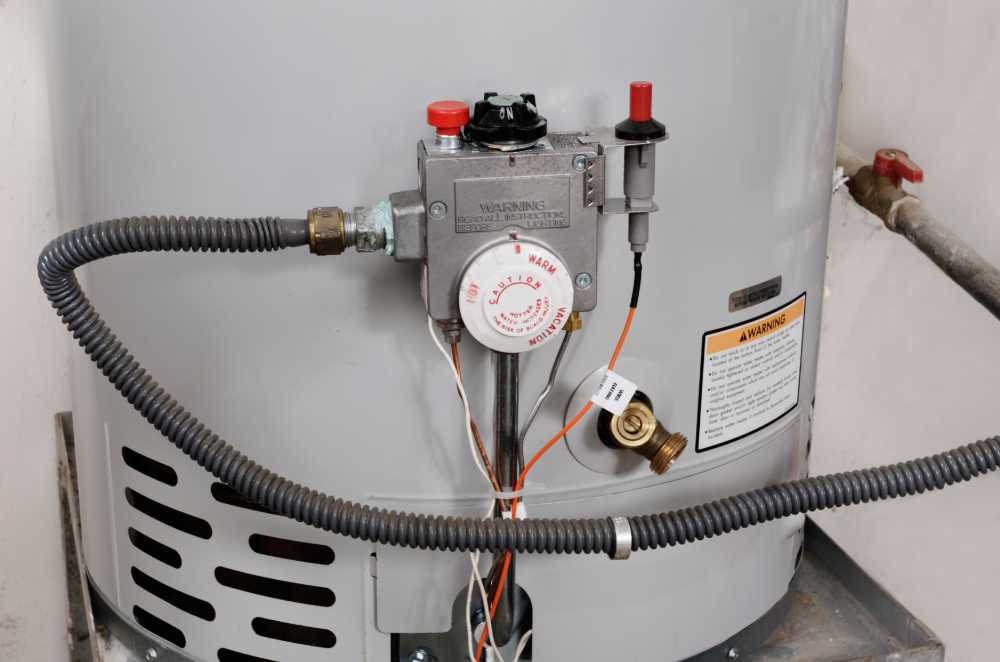One of the most used appliances, your water heater supplies hot water throughout your home. Despite its importance, most of us rarely give our hot water tank a second thought. However, they have the potential to cause significant water damage if there is a leak, failure, or flood. We look at how to prevent water damage from a water heater. Plus we review how to clean up water if there is a leak or flood.
How Water Heaters Cause Water Damage
Water heaters are usually last three to twelve years, but the actual life span will vary depending on how frequently it gets used. Ideally, install your water heater in a basement, garage, or utility room with a floor drain to limit the damage if there is a problem.
In most cases, your water heater will cause damage due to a worn-out part. For this reason, inspect your unit once each season for signs of leaks, wear, or damage. Here are the most common parts that can fail and cause a leak or flood. Repair or replace it if you see any problems.
- Drain Valve – The drain valve allows you to flush the tank for cleaning or service.
- Overflow Valve – The overflow valve releases pressure and excess water if the tank overfills.
- Cold Water Intake Pipe – The intake pipe allows cold water to enter the tank.
- Hot Water Outlet Pipe – The outlet pipe allows hot water to leave the tank.
- Tank – The tank holds the water and may rust if not serviced regularly.
Even a small leak can damage floors, walls, and cabinets. In time, the water will weaken them and they will eventually fall apart. A flood will cause significant water damage all at once.
Additionally, hot water dissolves particleboard furniture, cabinets, walls, wood, and carpet much faster than cold water.
A water heater flood or leak will also cause more damage in a utility room or finished basement. However, it can damage materials stored in an unfinished basement as well.
Hot Water Heater Water Damage Cleanup
If you have water damage from a water heater you need to clean it up as soon as possible. For a small leak or if the area is relatively small, you may be able to clean it up on your own. Water heater floods or if large areas are affected, it’s best to hire a water damage restoration company. Whether you hire someone or do it yourself, the cleanup process is the same.
- Water Extraction – Remove the water from the area using a submersible pump or wet-dry vacuum.
- Disposal – Throw away damaged drywall, carpeting, cabinets, and personal items.
- Structural Drying – Dry your walls, studs, and flooring to ensure your home is safe.
- Disinfect – Water can breed mold and bacteria, so disinfect with bleach to protect your family.
- Deodorize – Water may also cause odors, so deodorized to ensure that smells don’t develop over time.
- Rebuild – Finally, restore your home to its original condition. This usually involves installing new flooring, drywall, and cabinets.
Do you have water damage after a water tank leak or flood? Call 1-888-443-3110 now for a free quote on water damage cleanup.





